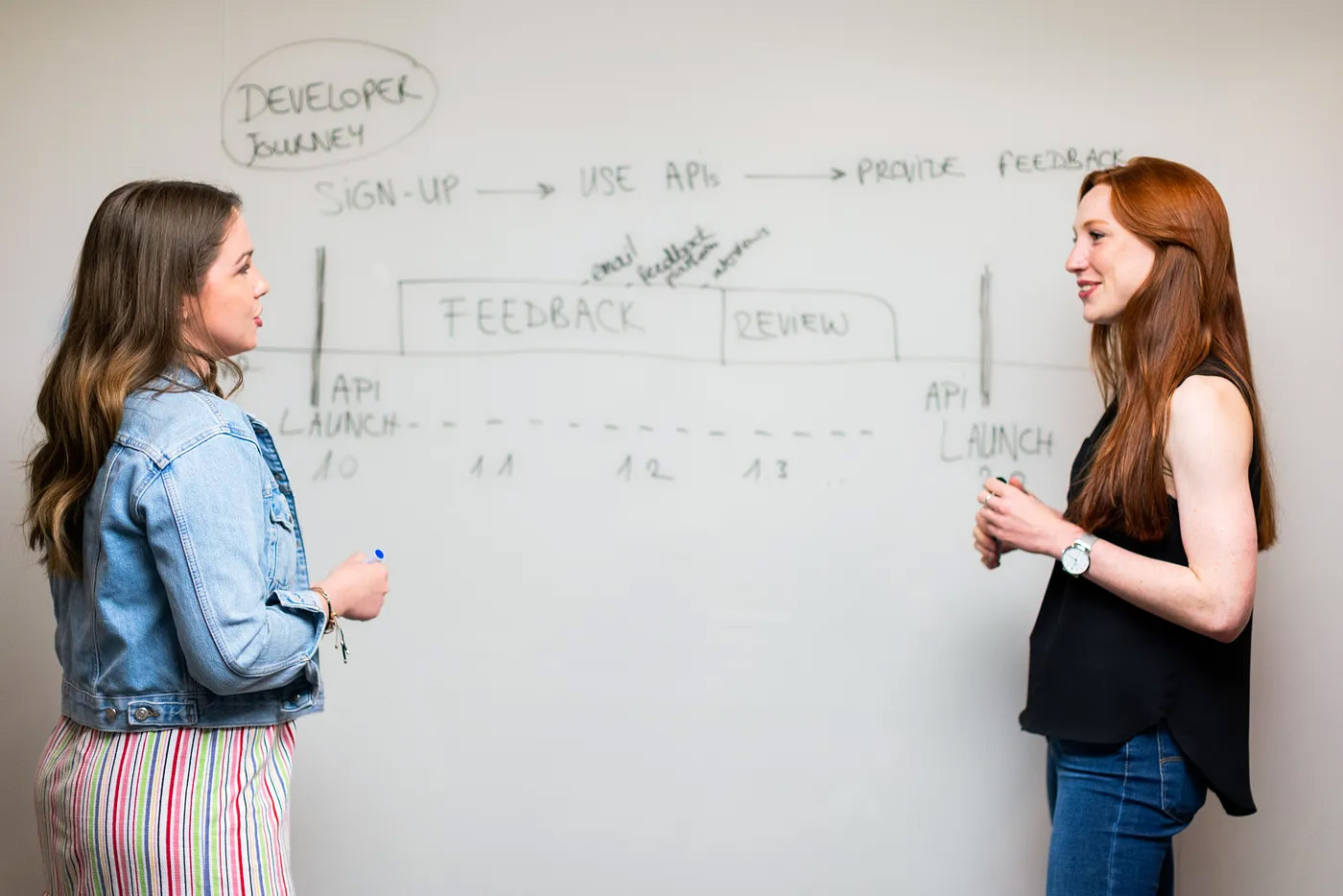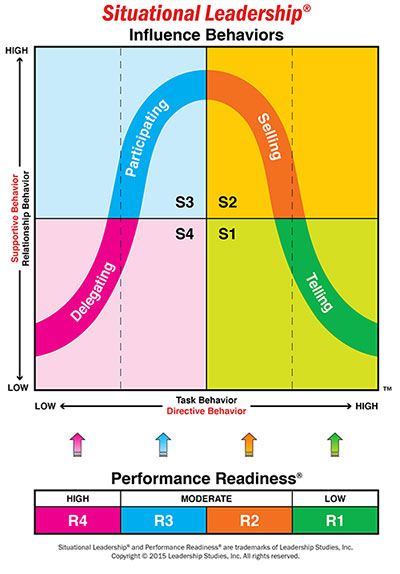
Building Tomorrow's Leaders: How Situational Leadership® Shapes the Future
"The best preparation for tomorrow is doing your best today." These timeless words (by H. Jackson Brown, Jr.) resonate deeply in a world that is constantly evolving. Every day we witness the profound effects of technological innovation and the way it connects people from all corners of the world, however, every dynamic workforce requires effective leadership.
Organisations of all sizes, structures and sectors face the pressing challenge of not only identifying, but nurturing leaders who will guide them through future challenges, navigating change while harnessing the potential of emerging technologies to help their team thrive. In a recent report, it was revealed that developing the next generation of leaders stands as the top challenge for 55% of CEOs. Many companies are grappling with this challenge, and 63% of millennials believe they are not being fully developed as leaders by their employers for management positions. This disconnect highlights a critical gap between leadership expectations and the development opportunities provided, however, the Situational Leadership® model can play a crucial role in bridging this gap. In your workplace, every individual and team will be performing at different developmental levels. Situational Leadership®, developed by leadership experts Paul Hersey and Ken Blanchard, recognises that there is no one-size-fits-all approach to leadership. Instead, it emphasises the real tangible benefits of adapting leadership styles to suit the specific needs and readiness of individuals or teams.
Embracing a New Age of Adaptability
Adaptability is critical in navigating the volatile, uncertain, complex, and ambiguous (VUCA) world that perhaps defines the landscape of tomorrow. Future leaders must not only be adept at managing employees but also skilled in dealing with diverse circumstances in the workplace. A leader who embraces Situational Leadership® not only guides their team but also responds to various challenges that arise with clarity and confidence.
This adaptability extends beyond the immediate situation to a broader perspective that considers the context of the situation. When faced with challenges, the Situational Leadership® framework outlines four distinct leadership styles: delegating, participating, selling and telling. These styles are not rigid categories but rather flexible approaches that can be tailored to the specific needs and readiness levels of individuals or teams.
In the art of delegation, leaders trust capable and experienced team members to take ownership of tasks. Participation involves collaborative decision-making, allowing team members to contribute their insights. Selling comes into play when leaders need to convince and explain their decisions to gain buy-in from the team. Finally, telling is a more directive approach, suitable for situations where clear instructions and guidance are paramount.
Driving Exceptional Results With Situational Leadership®
This situational adaptability empowers leaders to assess each scenario thoughtfully, choosing the most effective leadership style based on the unique demands of the situation and the developmental level of the individuals involved. In a world where change is constant, this approach not only fosters effective leadership but also cultivates a positive workplace culture that values flexibility, responsiveness and continuous growth.
Every organisation aspires to have leaders who seamlessly adapt to the evolving landscape, while fostering resilience. This is why the transformative power of Situational Leadership® training can push you towards your goals. By instilling the principles of adaptability, strategic thinking, and adapting to the task at hand, your leaders can learn how to navigate emerging challenges and consistently deliver outstanding results.
You can discover our Situational Leadership® Training Accreditation Programmes here. For further information or advice, please contact our friendly training experts on 01252 618 400 or email theteam@gbscorporate.com.
Situational Leadership® is a registered trademark of Leadership Studies, Inc. dba The Center for Leadership Studies. Copyright ©2015, Leadership Studies, Inc. All Rights Reserved.






